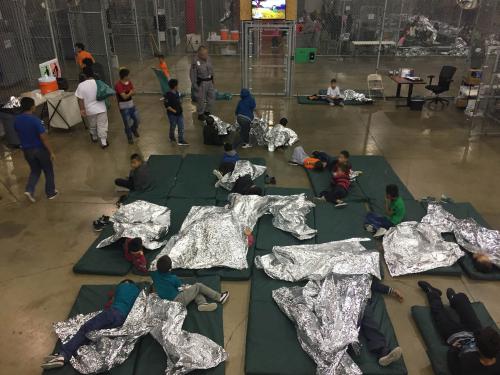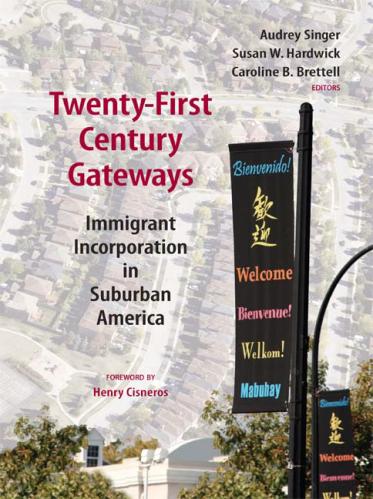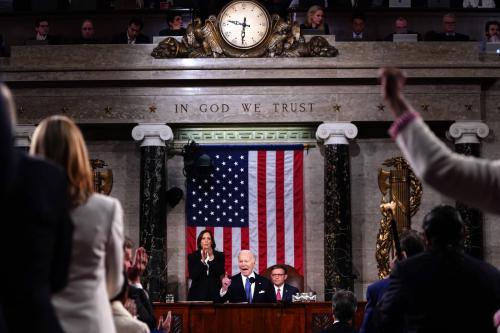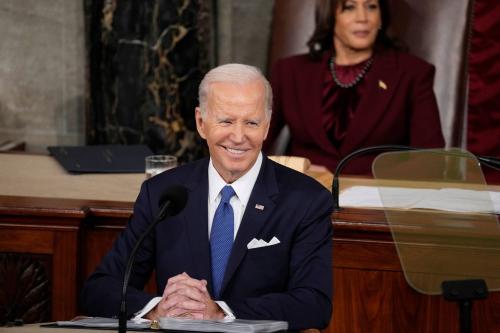According to the latest research, the American people reject much of President Trump’s plan for immigration. But they agree on one big point: Don’t deport the Dreamers.
According to a survey released by Quinnipiac University on February 6, 81 percent of registered voters support allowing immigrants who were brought to the country as children to remain in the United States and eventually apply for citizenship. Ninety-four percent of Democrats favor this policy—no surprise there. But so do 82 percent of Independents, 76 percent of whites without a college degree, and 68 percent of Republicans.
When it comes to another key element of the Trump plan—building a wall along the border with Mexico—the picture changes. Only 37 percent of voters support this idea, while 59 percent oppose it. Although 75 percent of Republicans want to see it built, 61 percent of Independents and 89 percent of Democrats do not. It splits Mr. Trump’s base—whites with less than a college degree—down the middle, with 51 percent in support versus 46 percent opposed.
A standard feature of Trump campaign rallies was a call-and-response about the wall. “And who’s going to pay for it?” asked the candidate. “Mexico!” roared the crowd. It turns out that lots of people took him literally as well as seriously. When voters are told that President Trump has requested 25 billion taxpayer dollars to build the wall, opposition rises by six points from 59 percent to 65 percent, and Republican support falls by the same amount, from 75 percent to 69 percent.
The third plank of the president’s proposal—eliminating the diversity visa lottery, which admits people from countries with low immigration rates—also garners a negative response. Only 39 percent of voters want to end the program, while 48 percent would like to see it continued.
The final element of President Trump’s proposal is the most far-reaching. It would end the feature of our current immigration system that Republicans call “chain migration” and Democrats call “family reunification,” which allows immigrants who become citizens to bring in members of their extended families. Under the Trump plan, family-based immigration would be restricted to children and spouses. Without other structural changes in immigration law, this proposal would reduce legal migration to the United States by nearly half.
As it happens, neither feature of this proposal is popular. When voters are asked whether they favor admitting members of extended families in addition to spouses and children, 49 percent say yes versus who 43 percent say no.
There is even less support for drastic cuts in the rate of immigration. Only 17 percent of voters want to see it reduced. Twenty-four percent favor an increase, while the majority—54 percent—want it left about where it is now. Fifty-three percent of Republicans favor the status quo as do 51 percent of whites without college degrees.
Nor is there much public support for the premises underlying President Trump’s proposals. Only 33 percent of the electorate believes that undocumented immigrants take jobs away from Americans, while 63 percent does not. Ever fewer—just 17 percent—believe that these immigrants commit more crimes than do American citizens. This helps explain why only a small minority of Americans—25 percent—favors deporting them just because they entered the United States illegally, while a plurality of 45 percent says they should be deported only if they have committed serious crimes. It also helps explain why 44 percent of voters think that the Trump administration has been too aggressive in deporting immigrants who are here illegally, compared to only 11 percent who think he has not been aggressive enough.
Earlier this week, President Trump said he would favor shutting down the government unless the Democrats abandon their opposition to his immigration plan. The Quinnipiac poll suggests that he would lose support if he went down this road. Not only do voters disagree with most of his plan, but also—and by a large margin of 66 percent to 30 percent—they do not think that a disagreement over immigration is serious enough to warrant closing the government. If the budget agreement just announced by Senate Majority Leader Mitch McConnell and Minority Leader Charles Schumer reaches the president’s desk, the voters want him to sign it—even though it leaves the immigration issue unresolved.
President Trump is on thin ice when it comes to immigration policy, and he would be well-advised to move very cautiously.










Commentary
Voters to Trump: You’re on thin ice with immigration policy
February 7, 2018